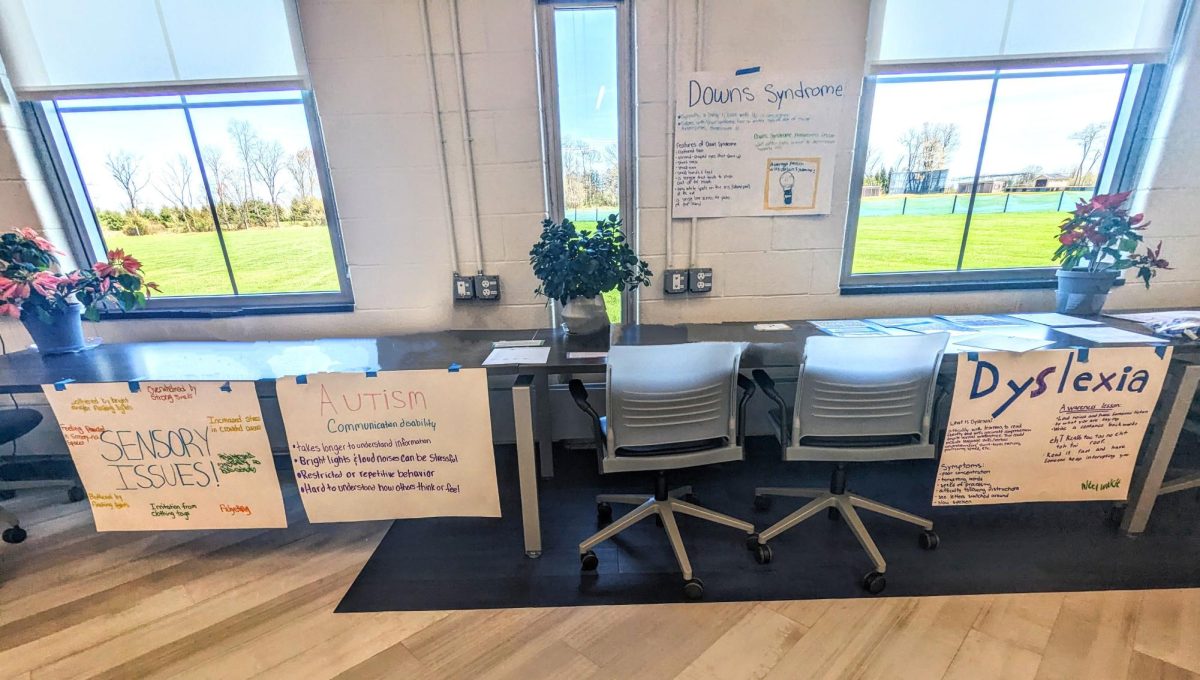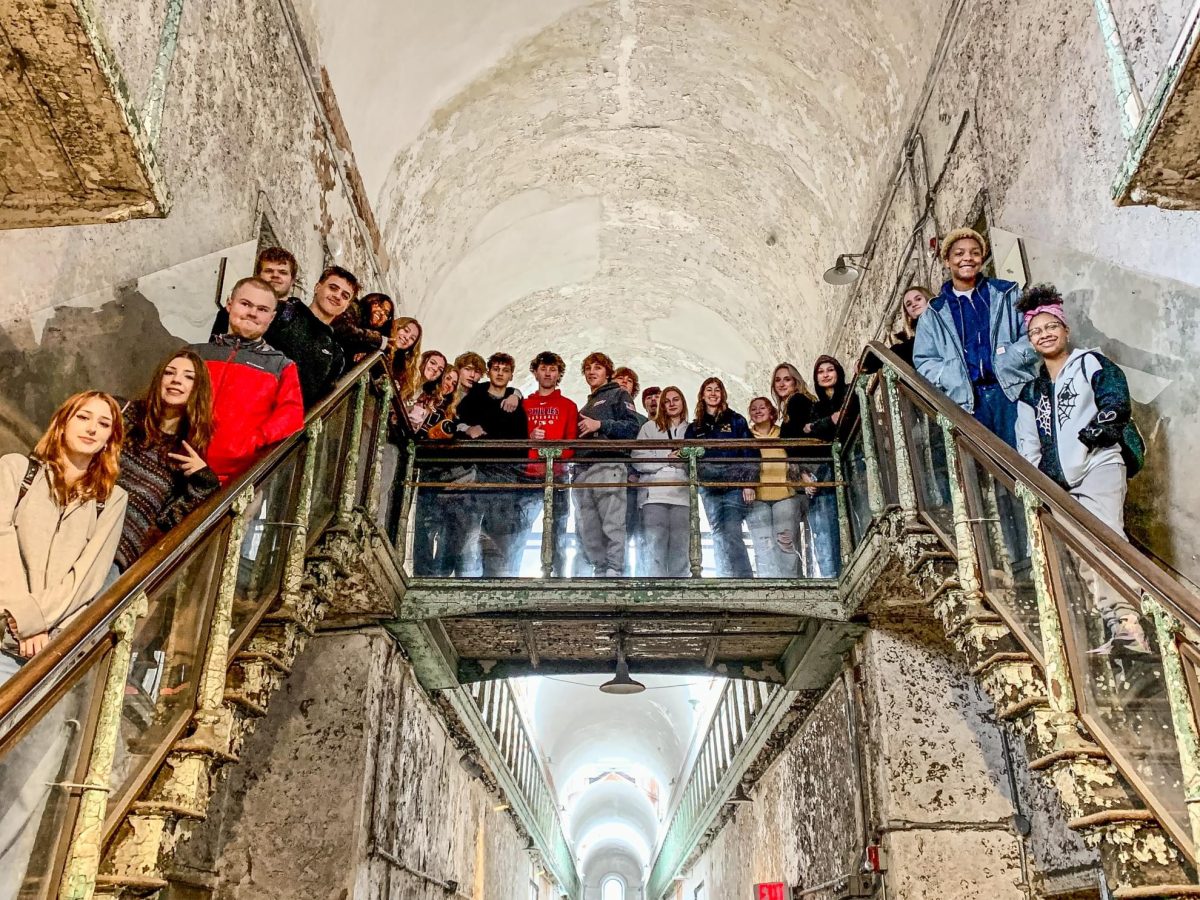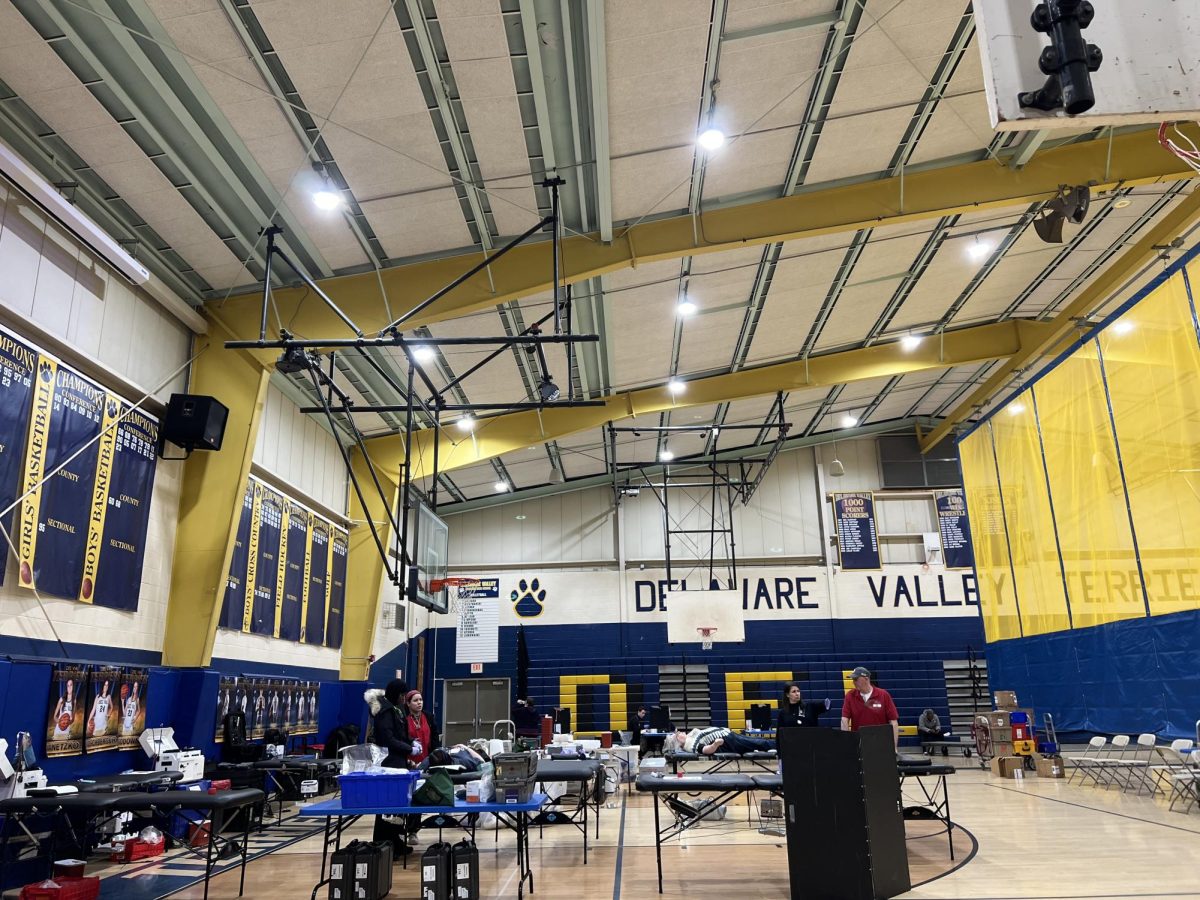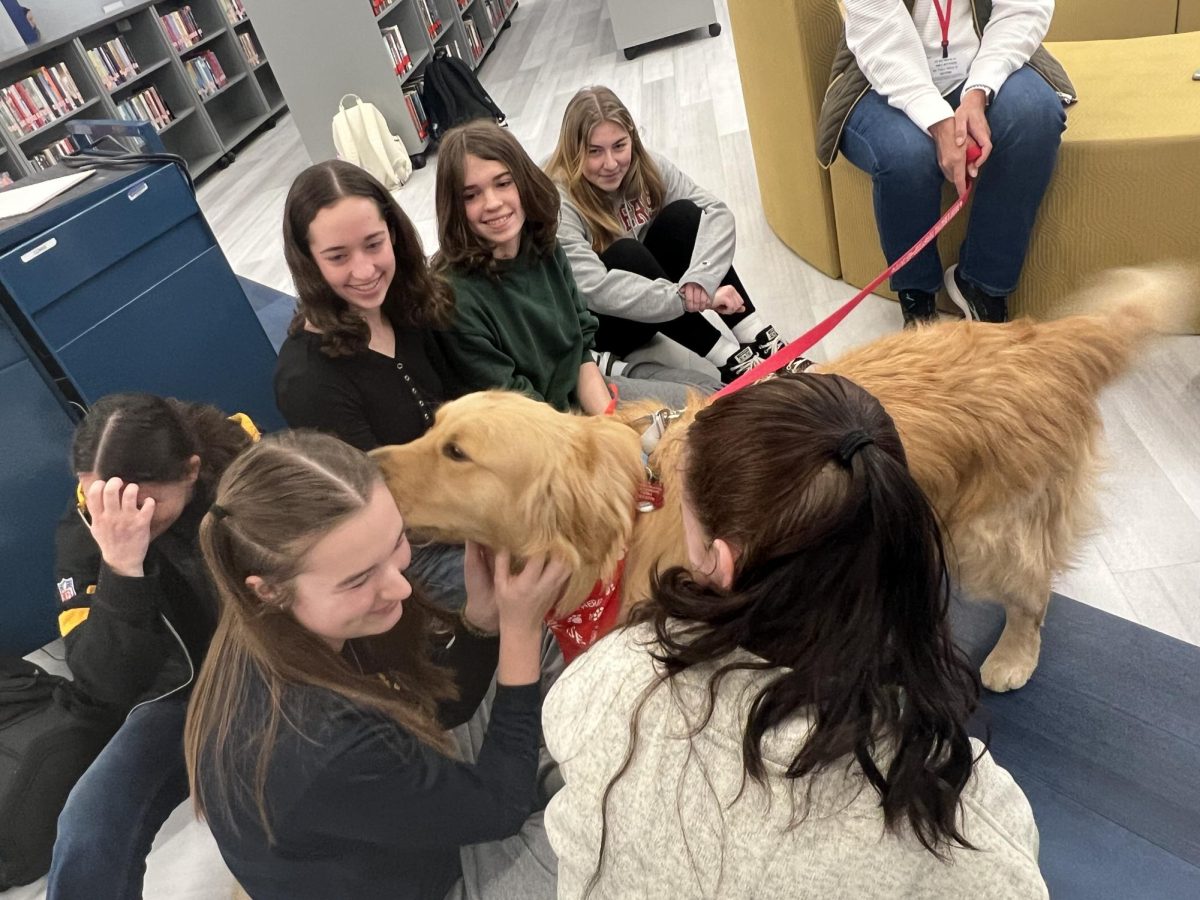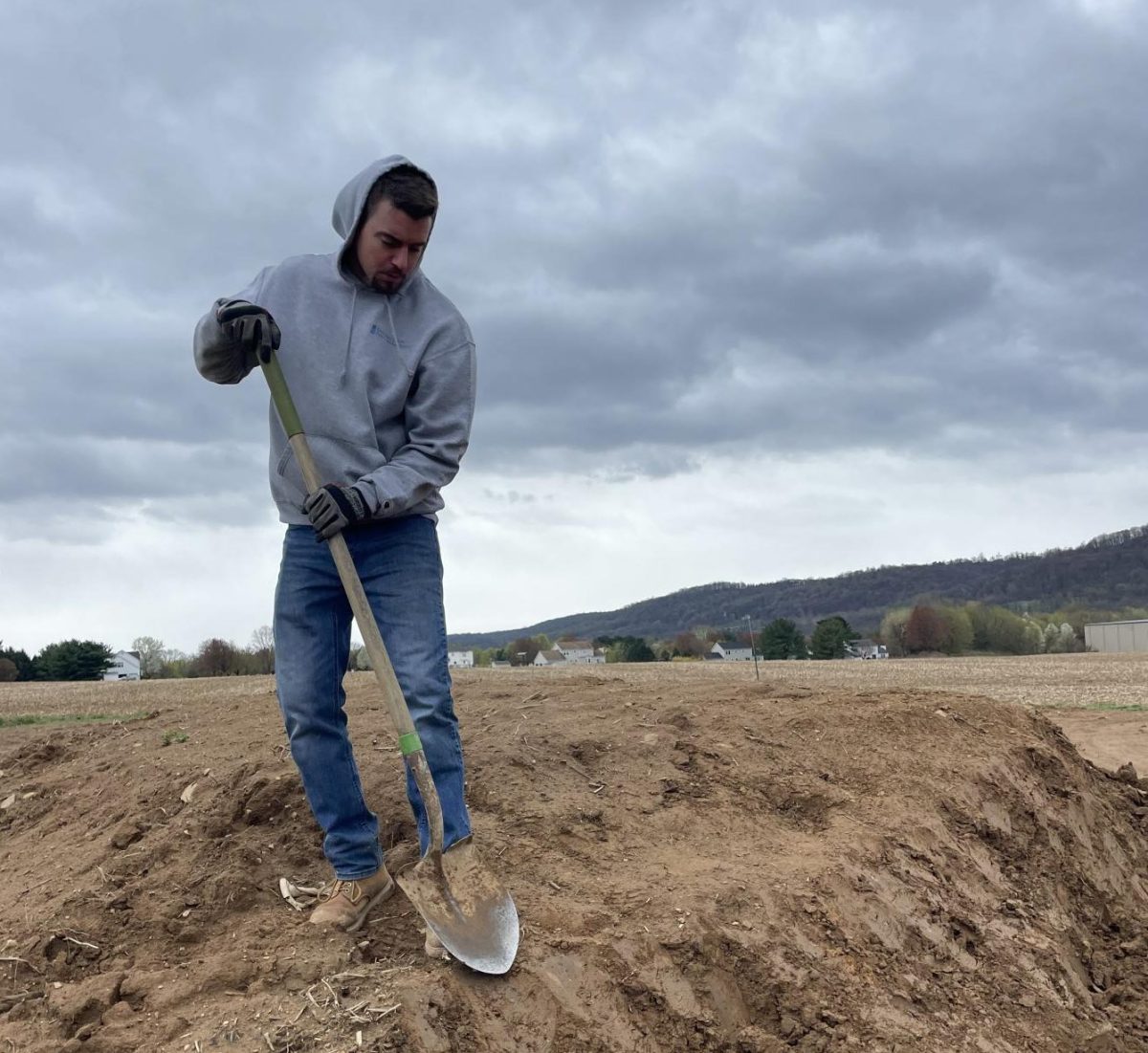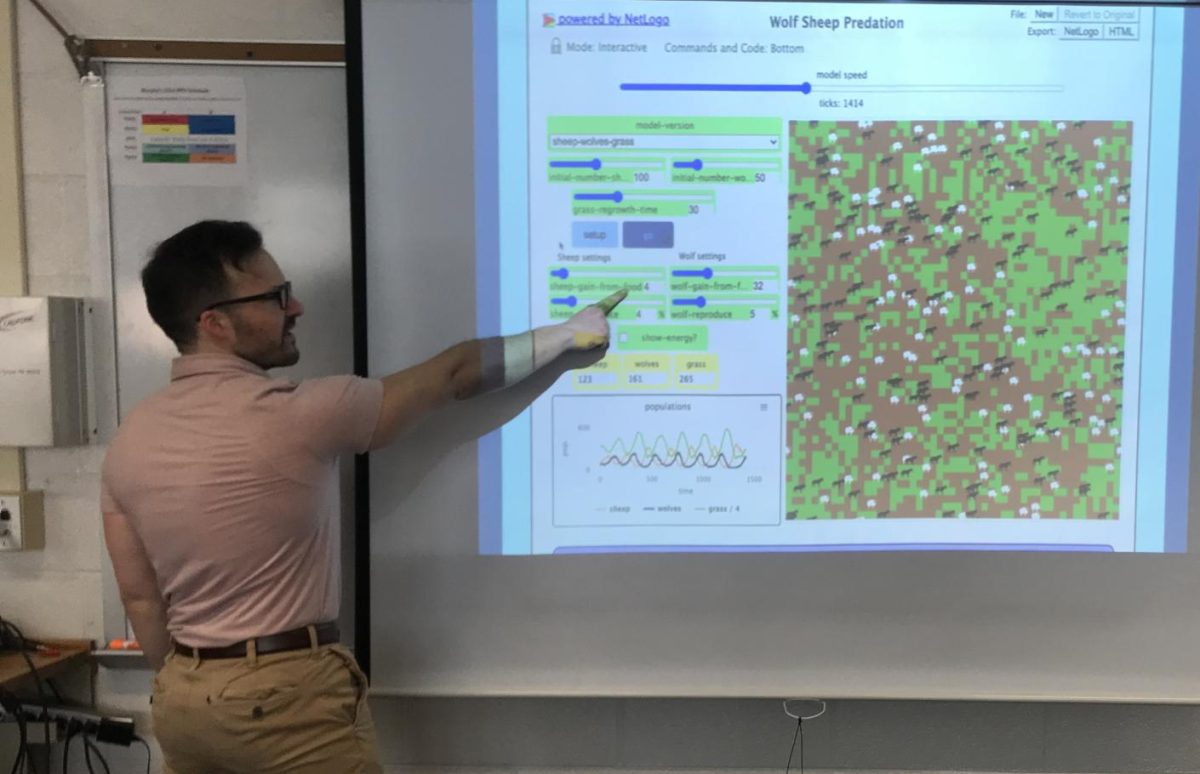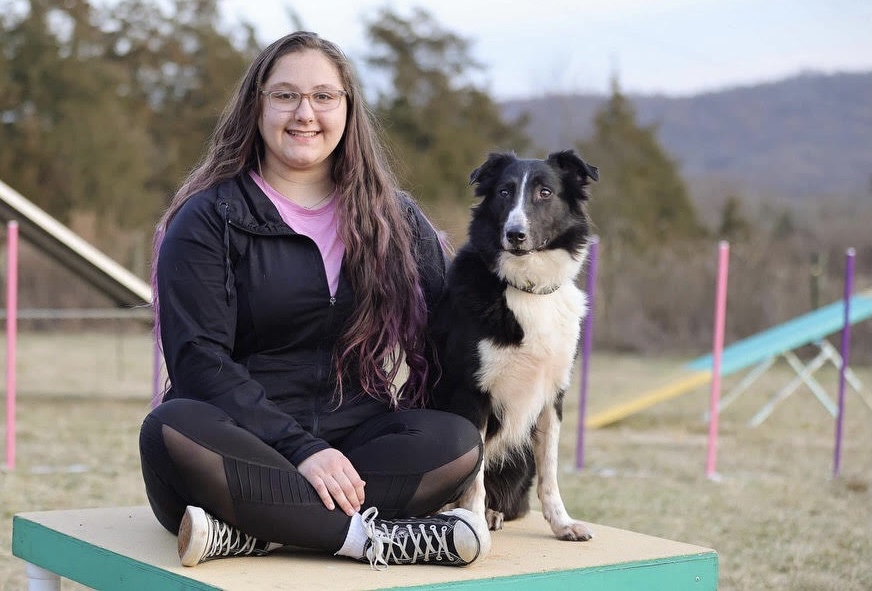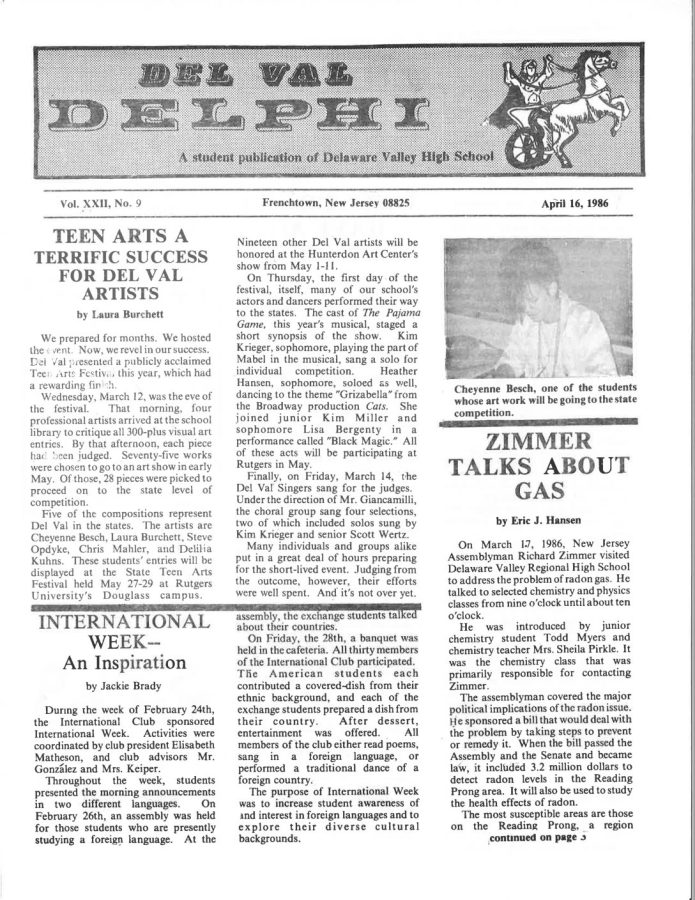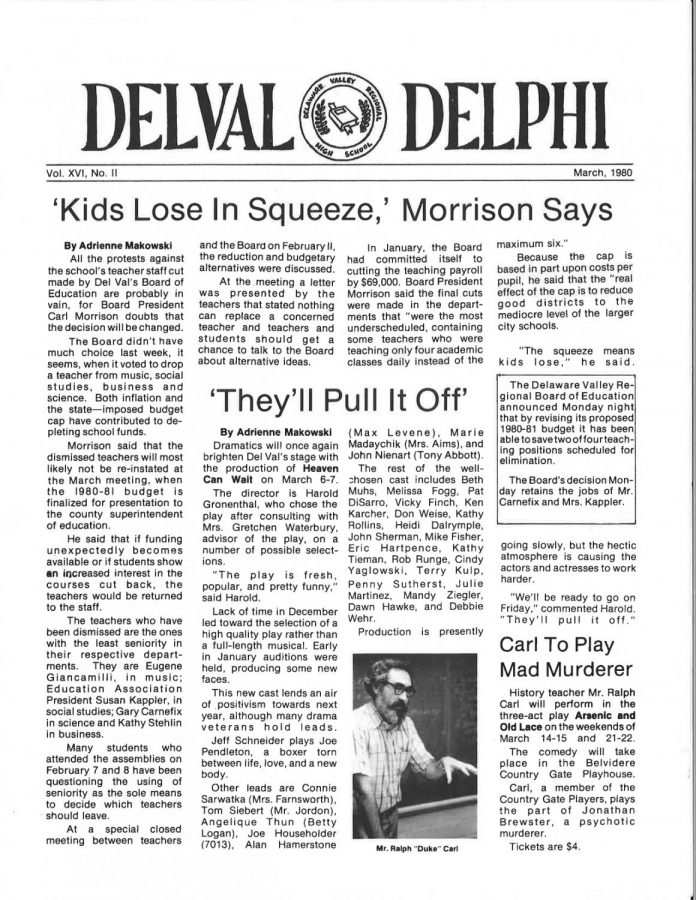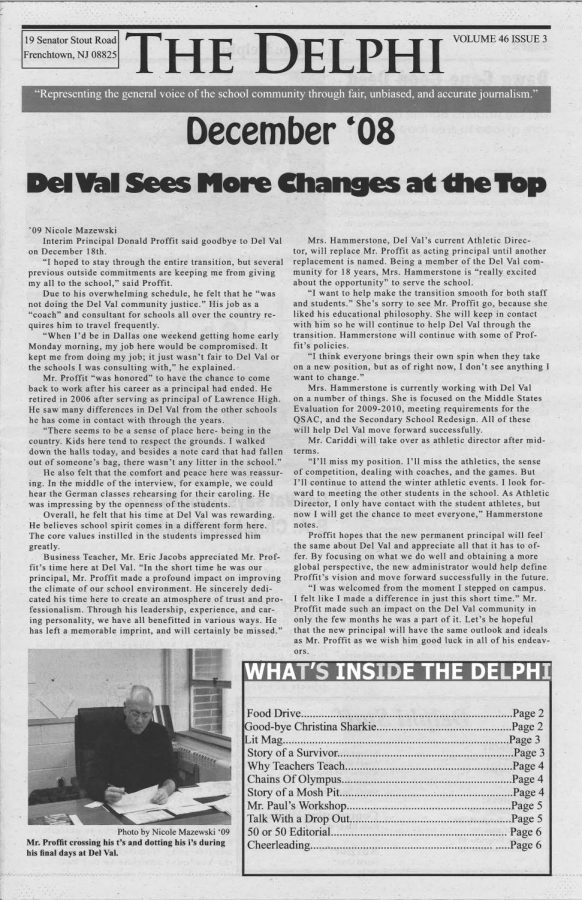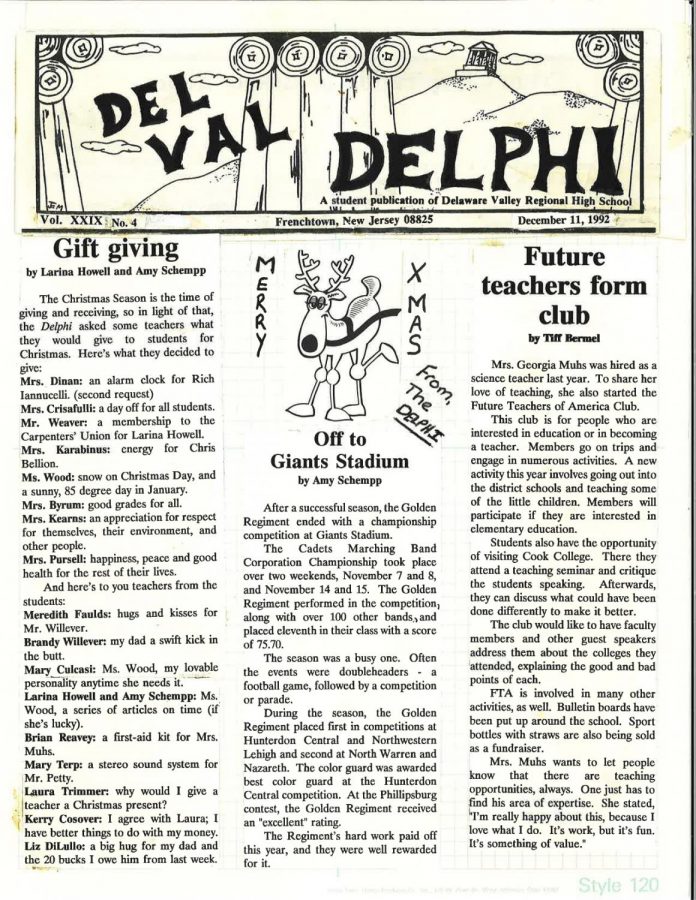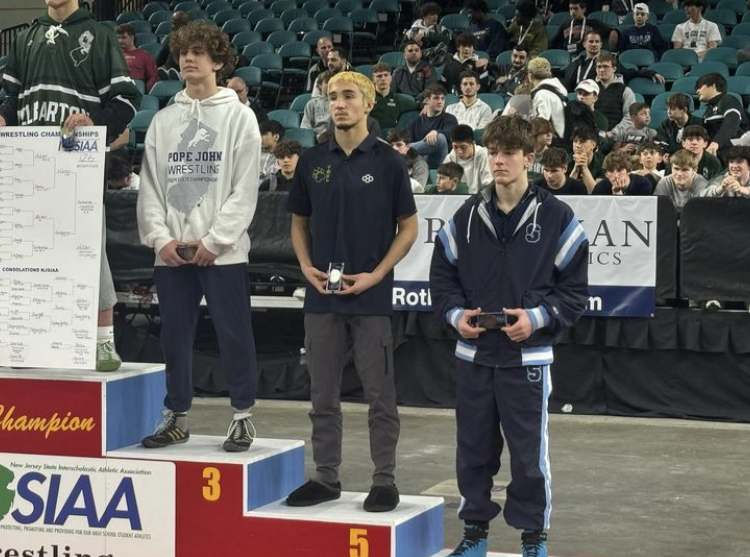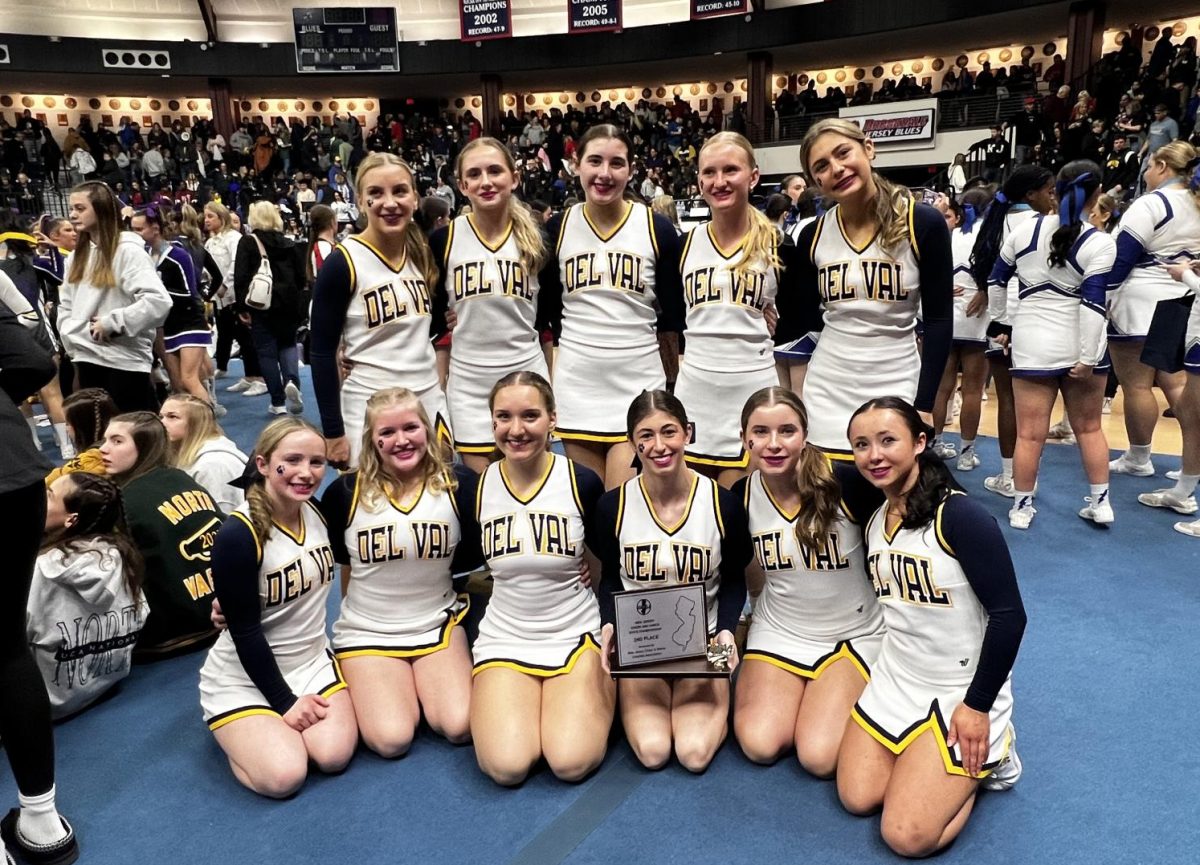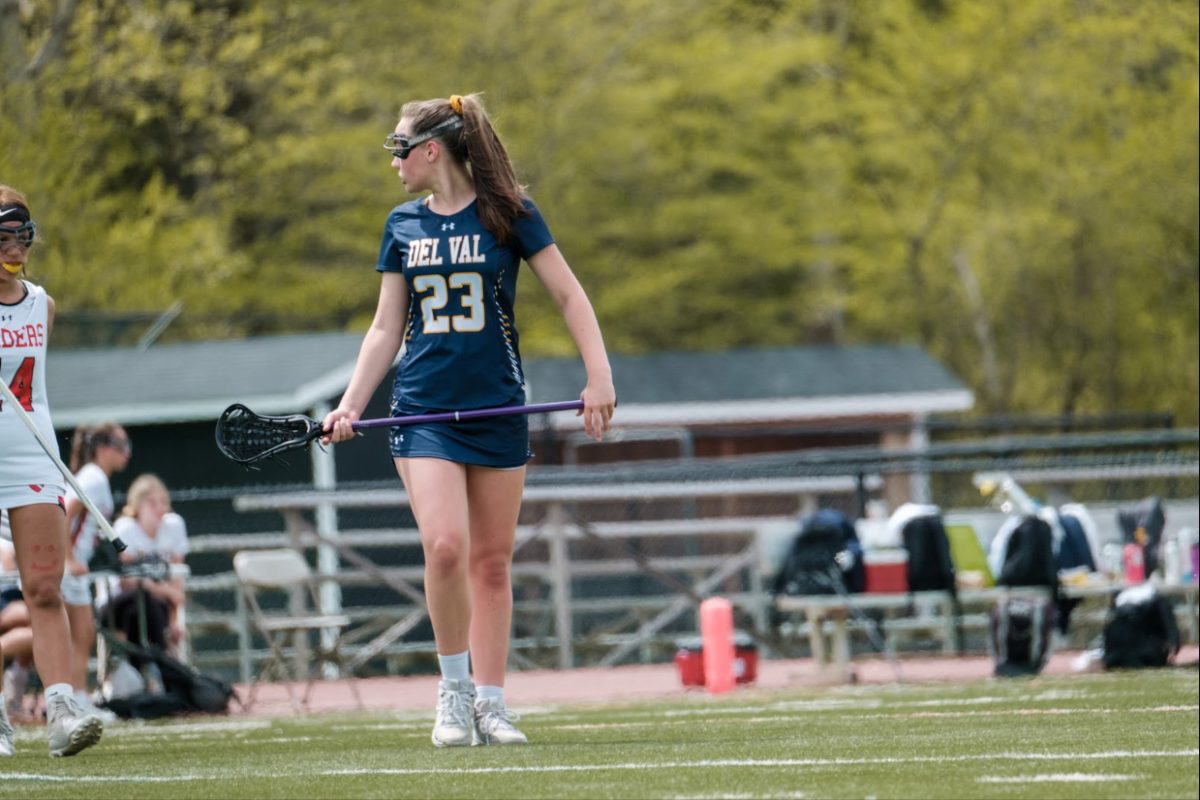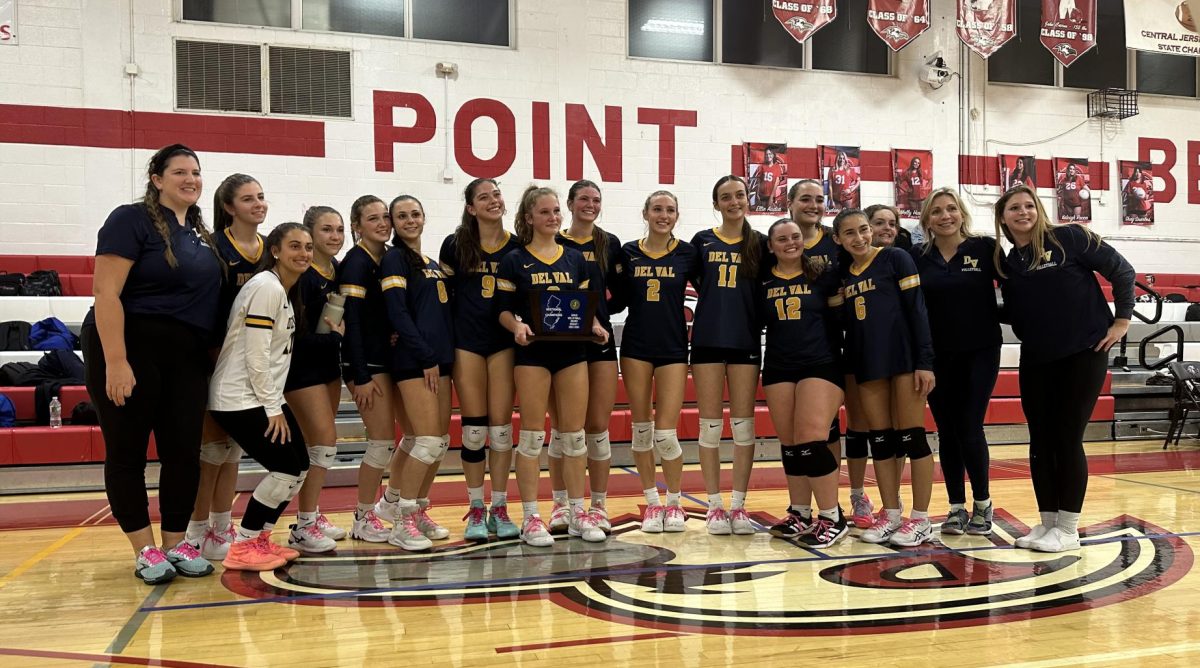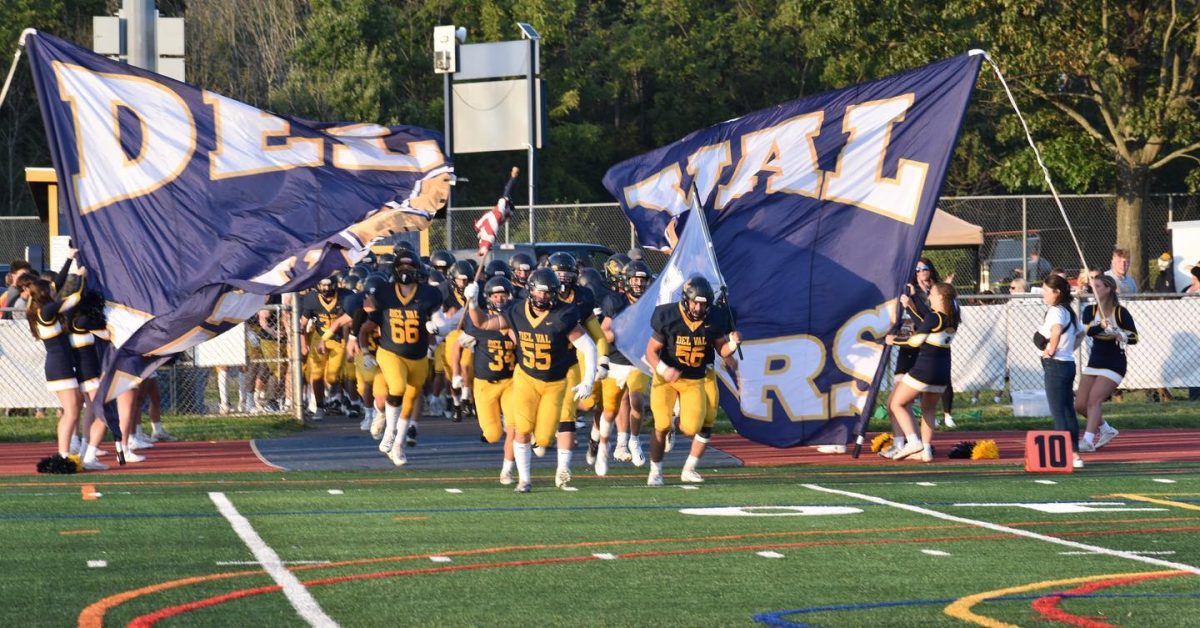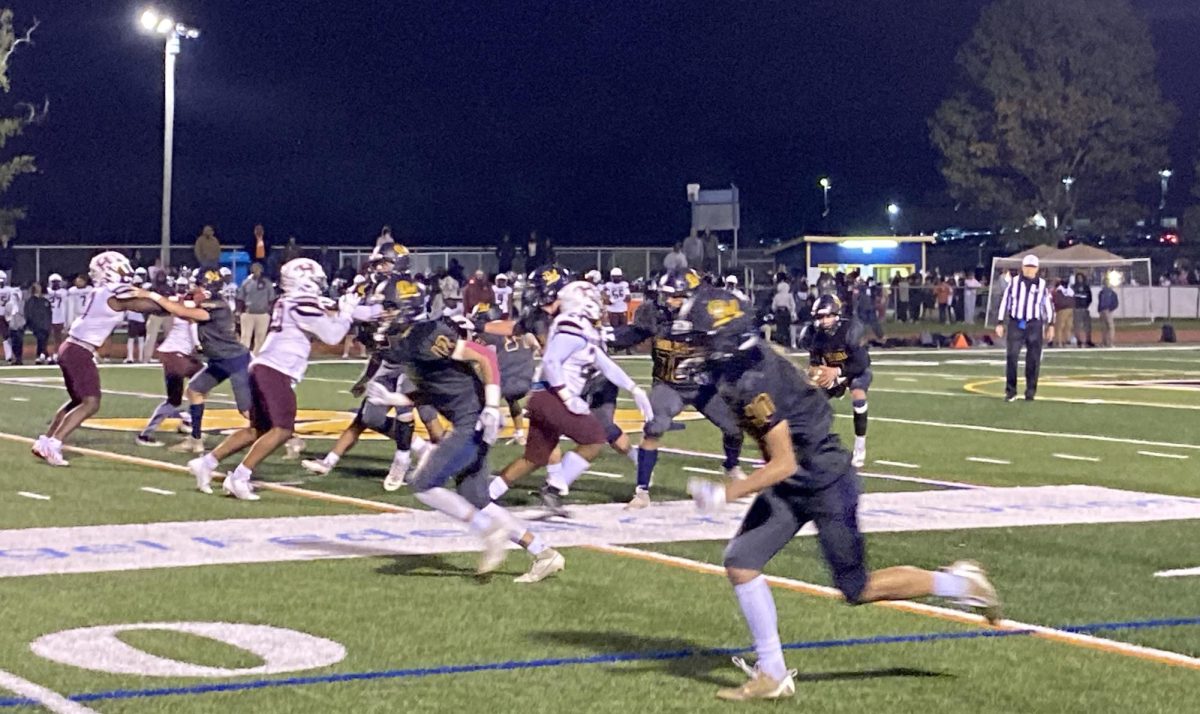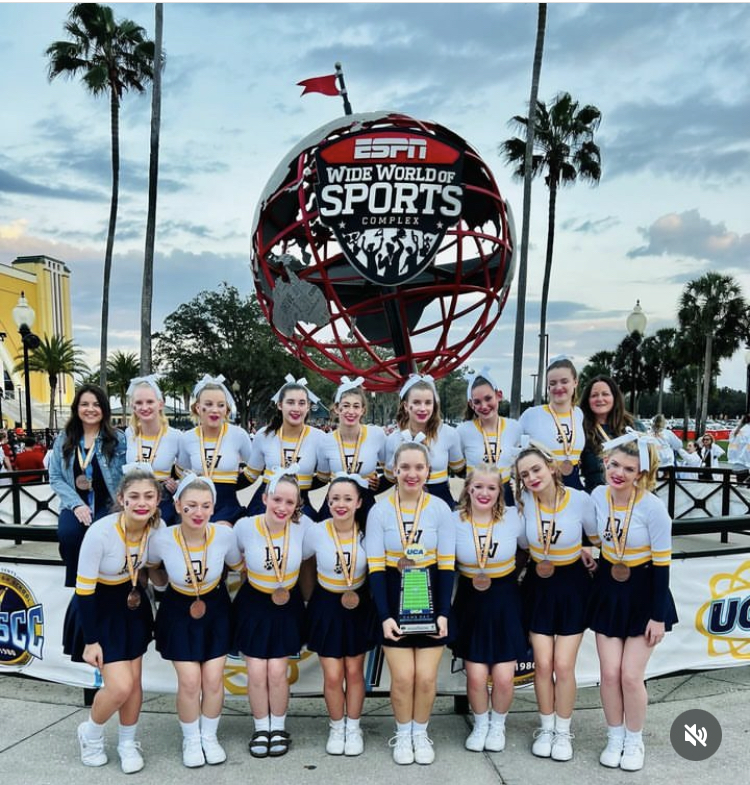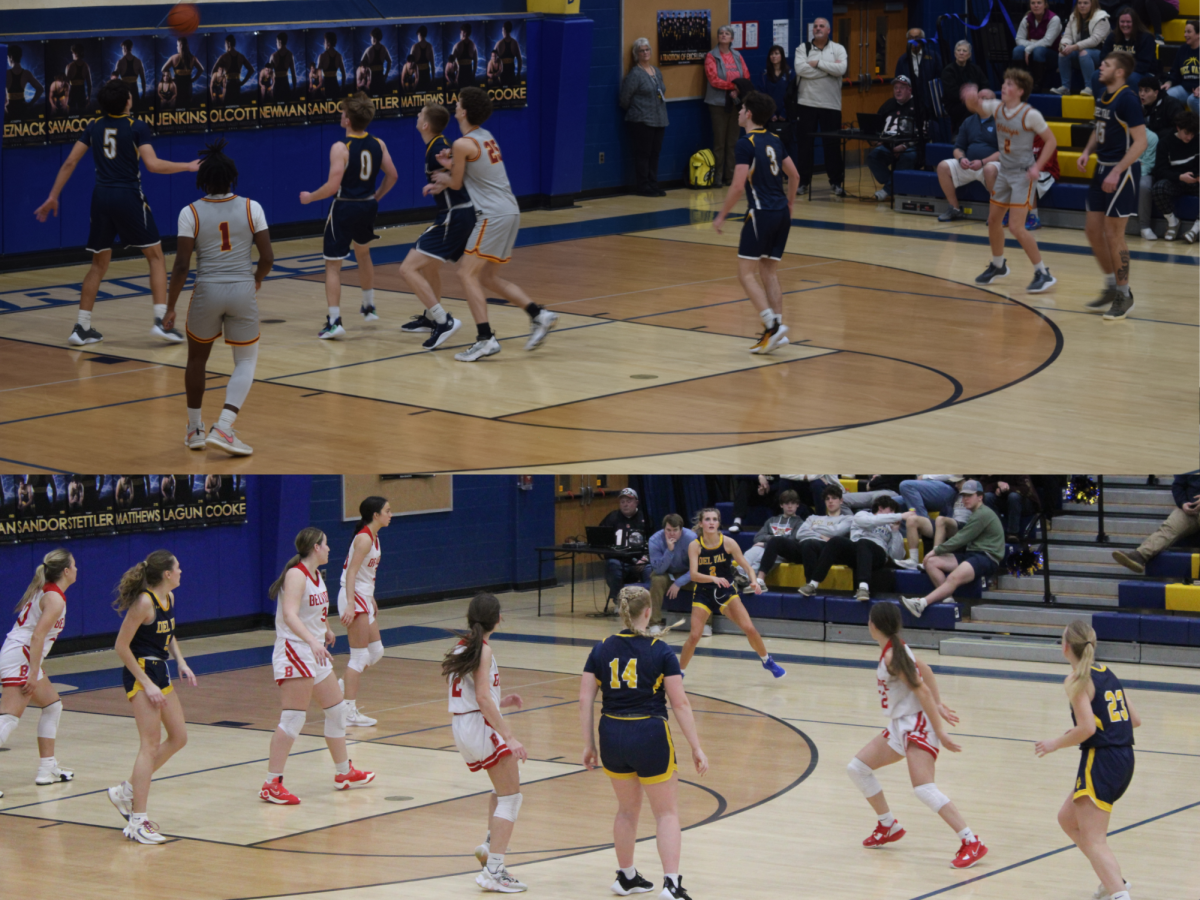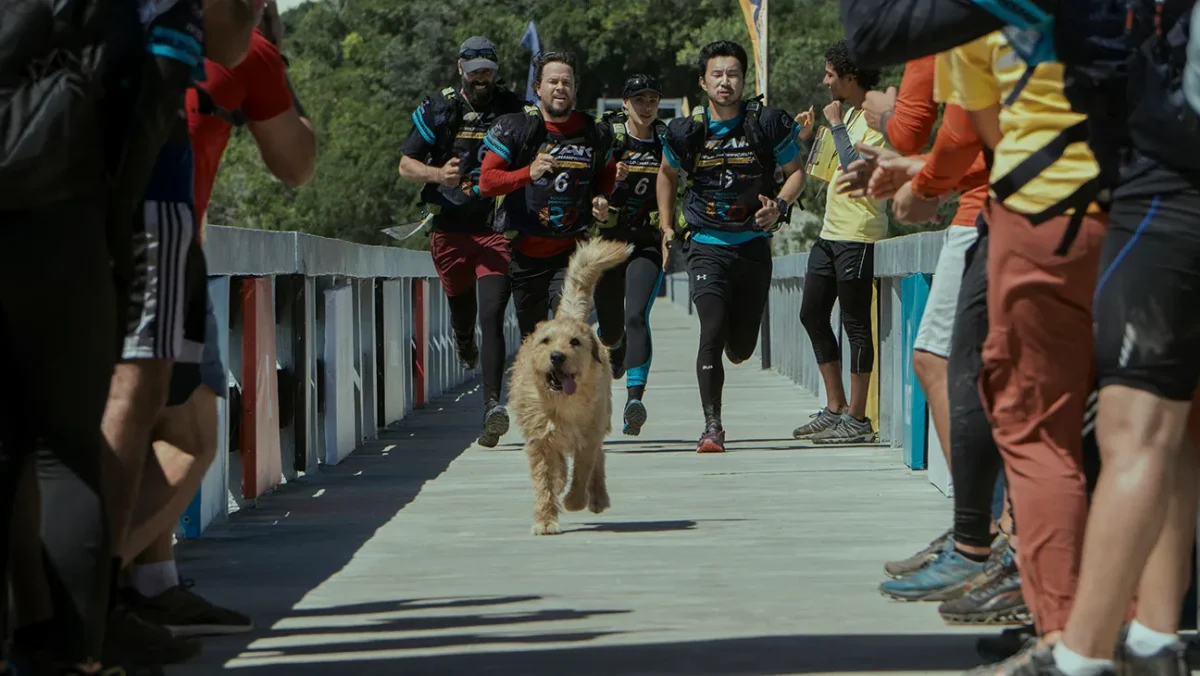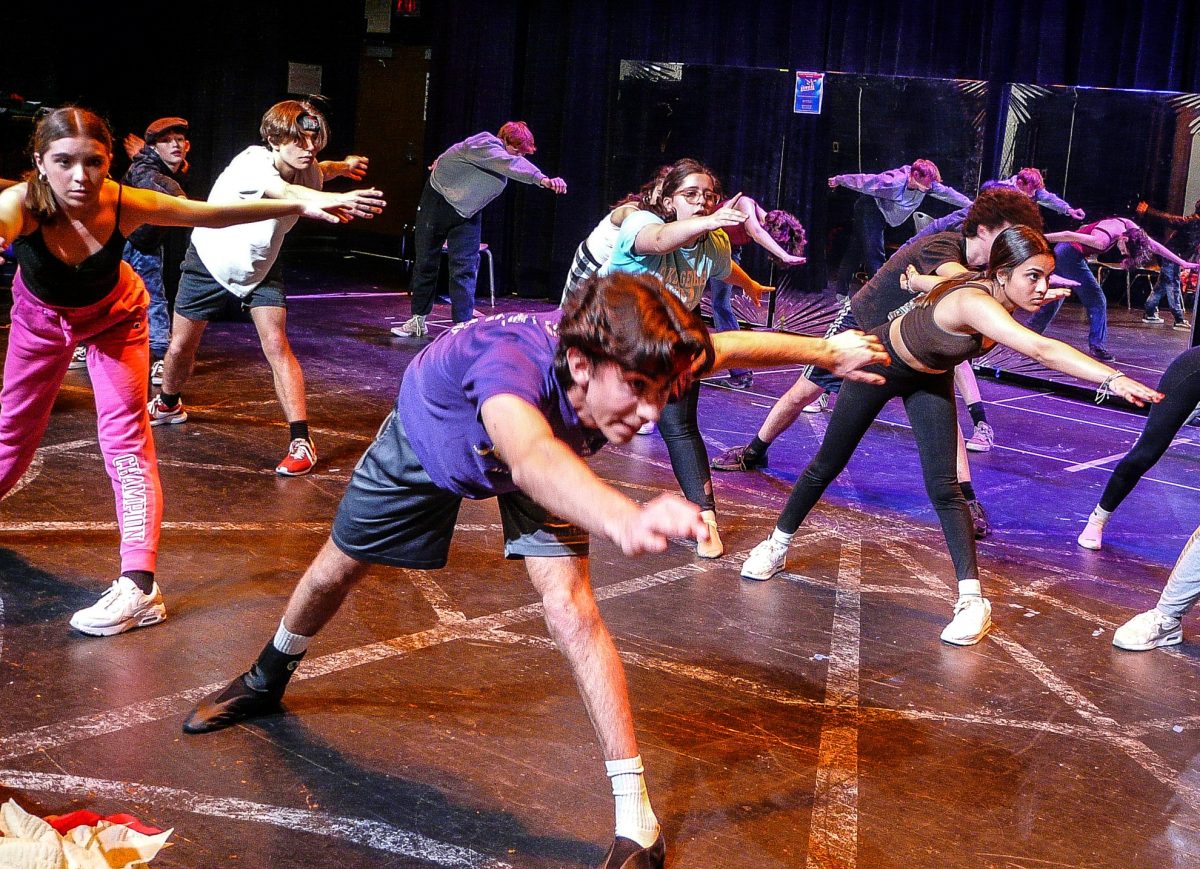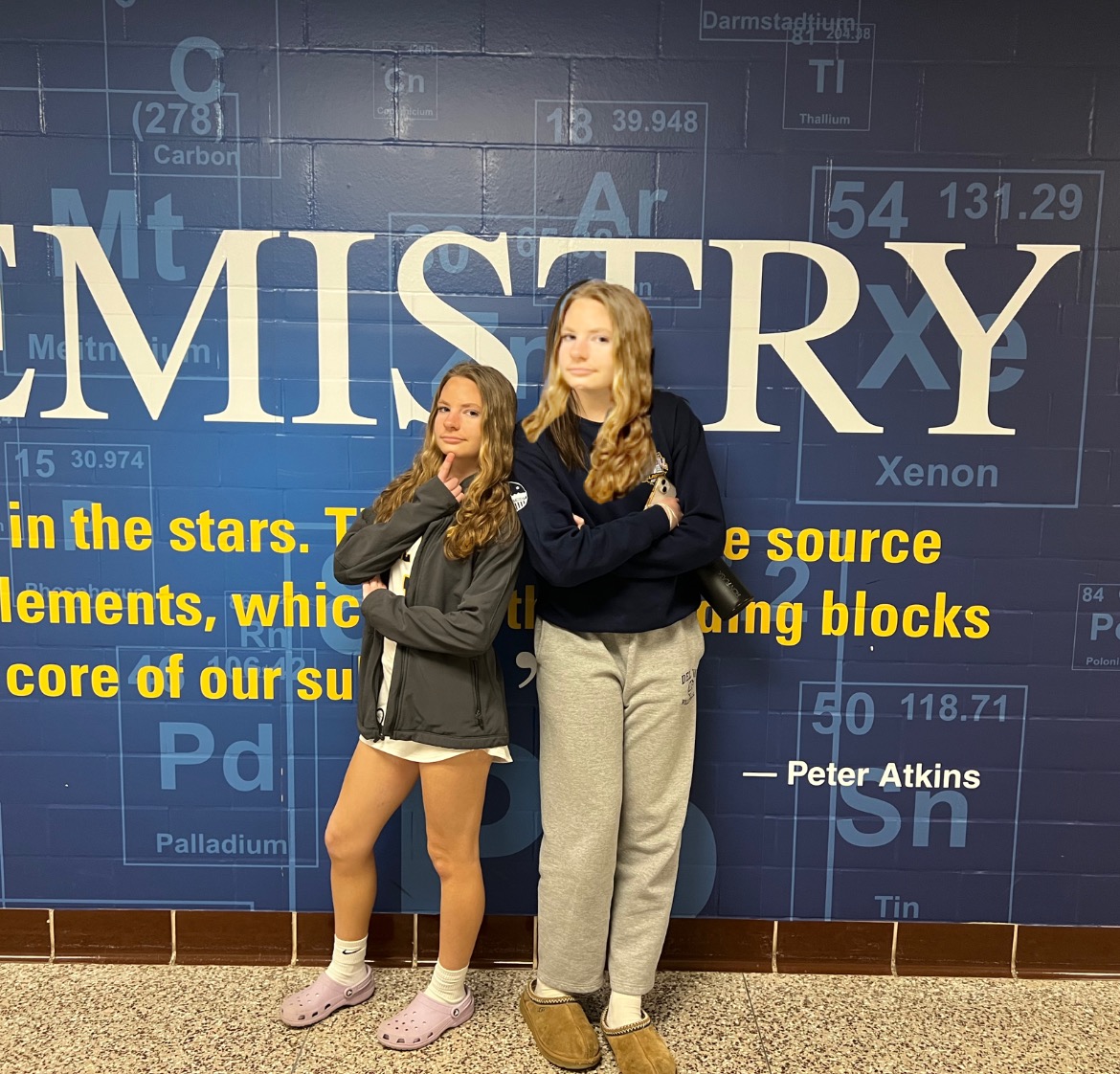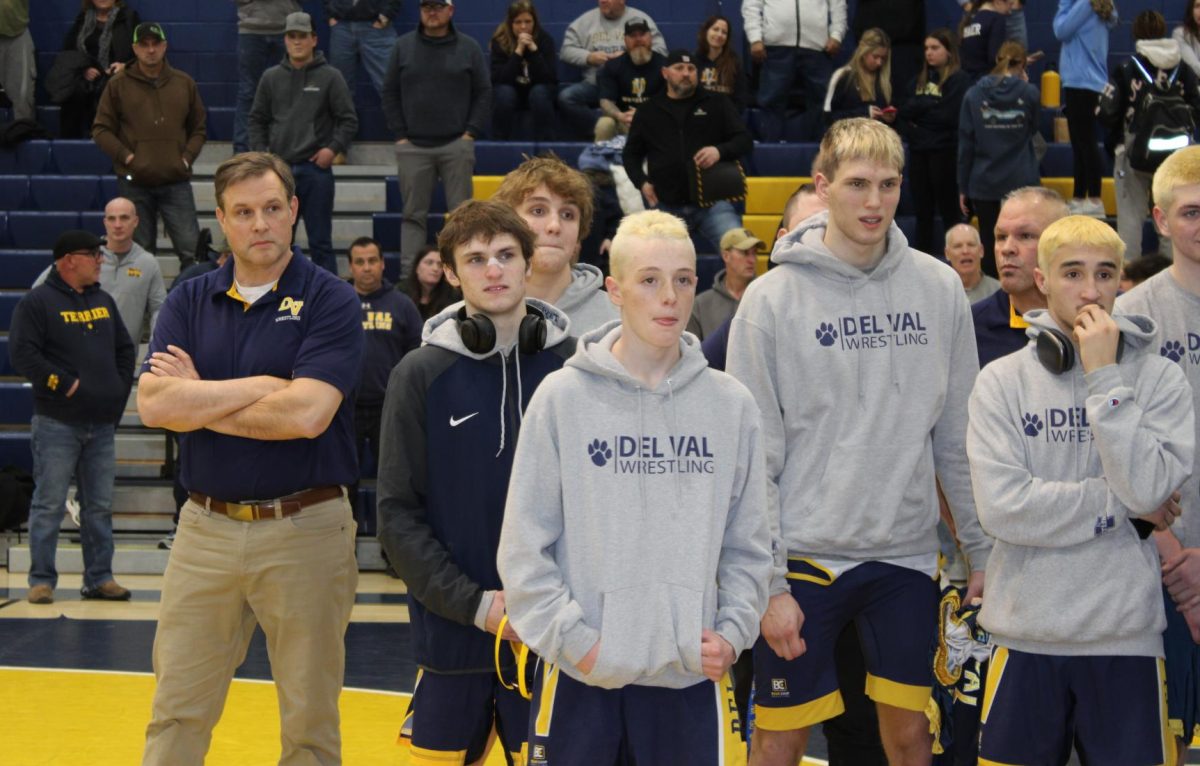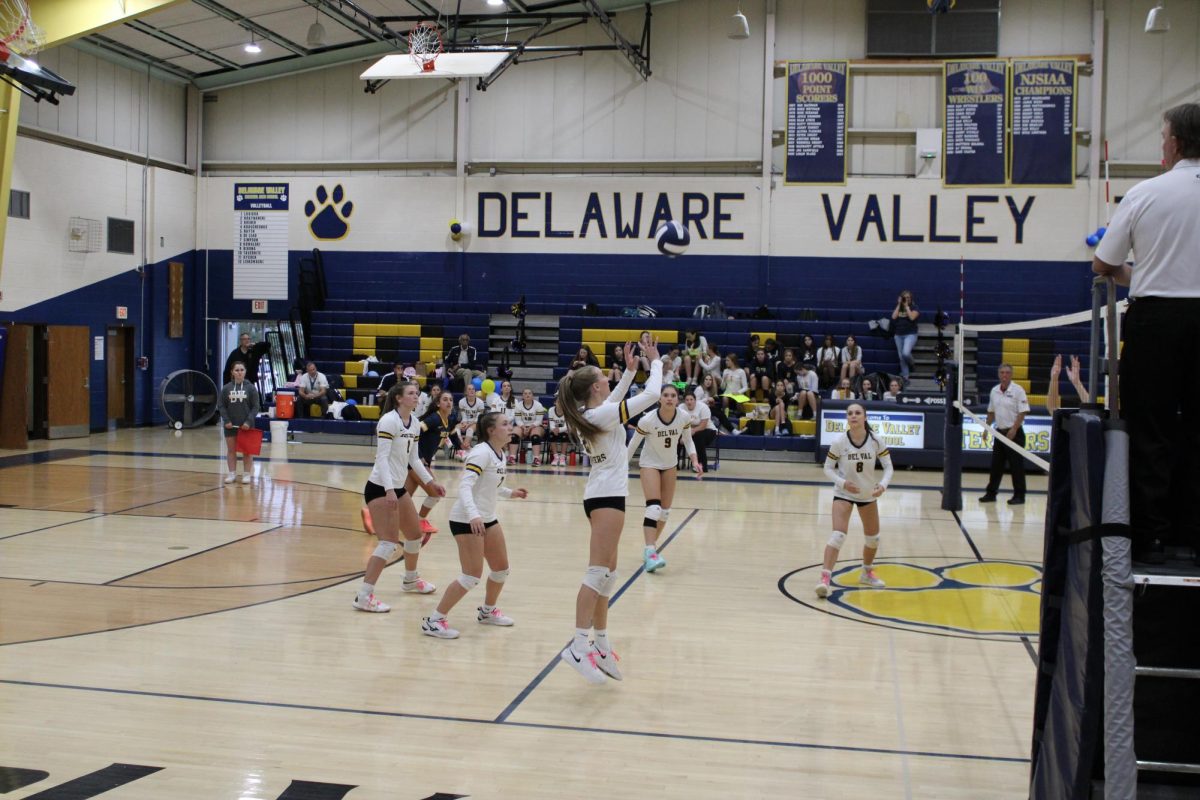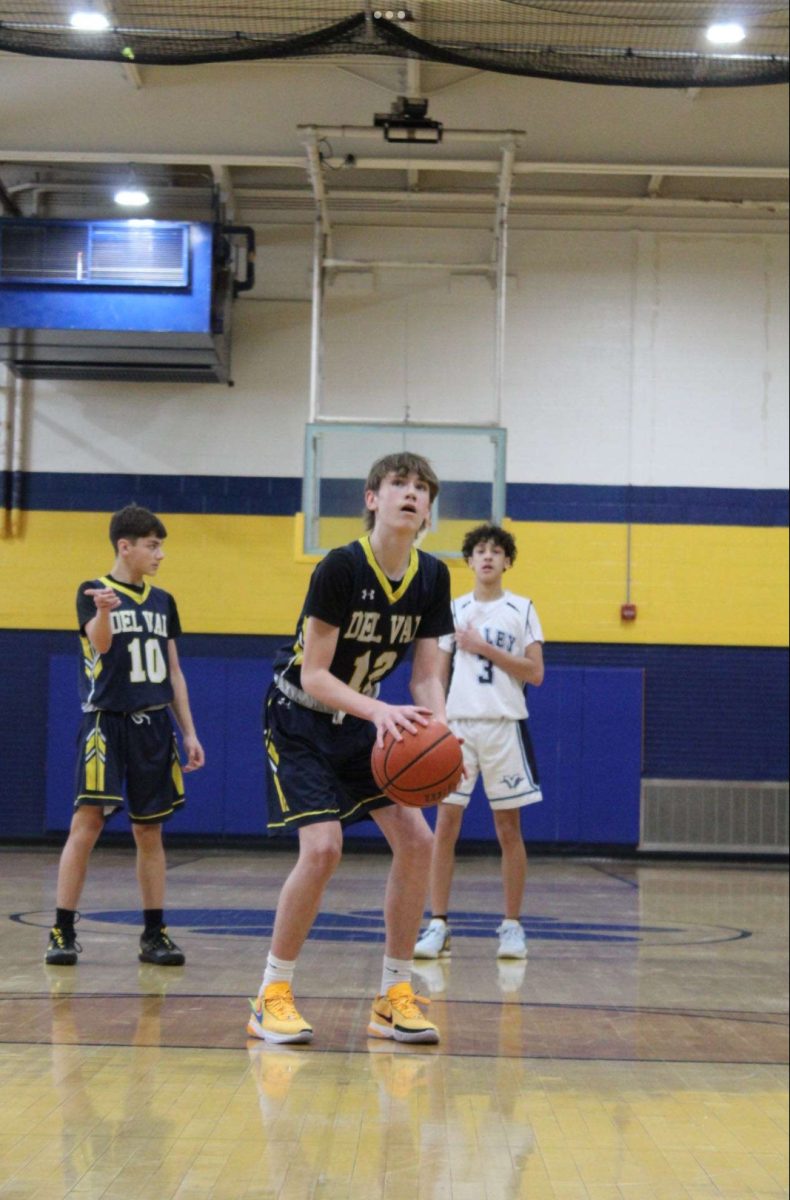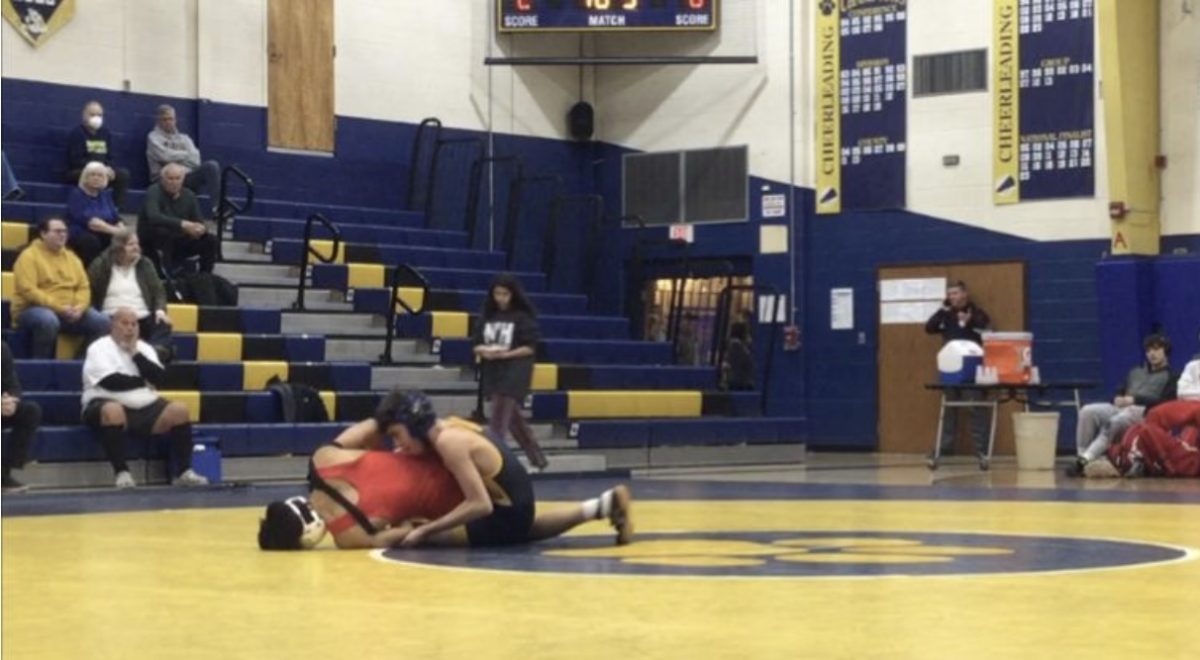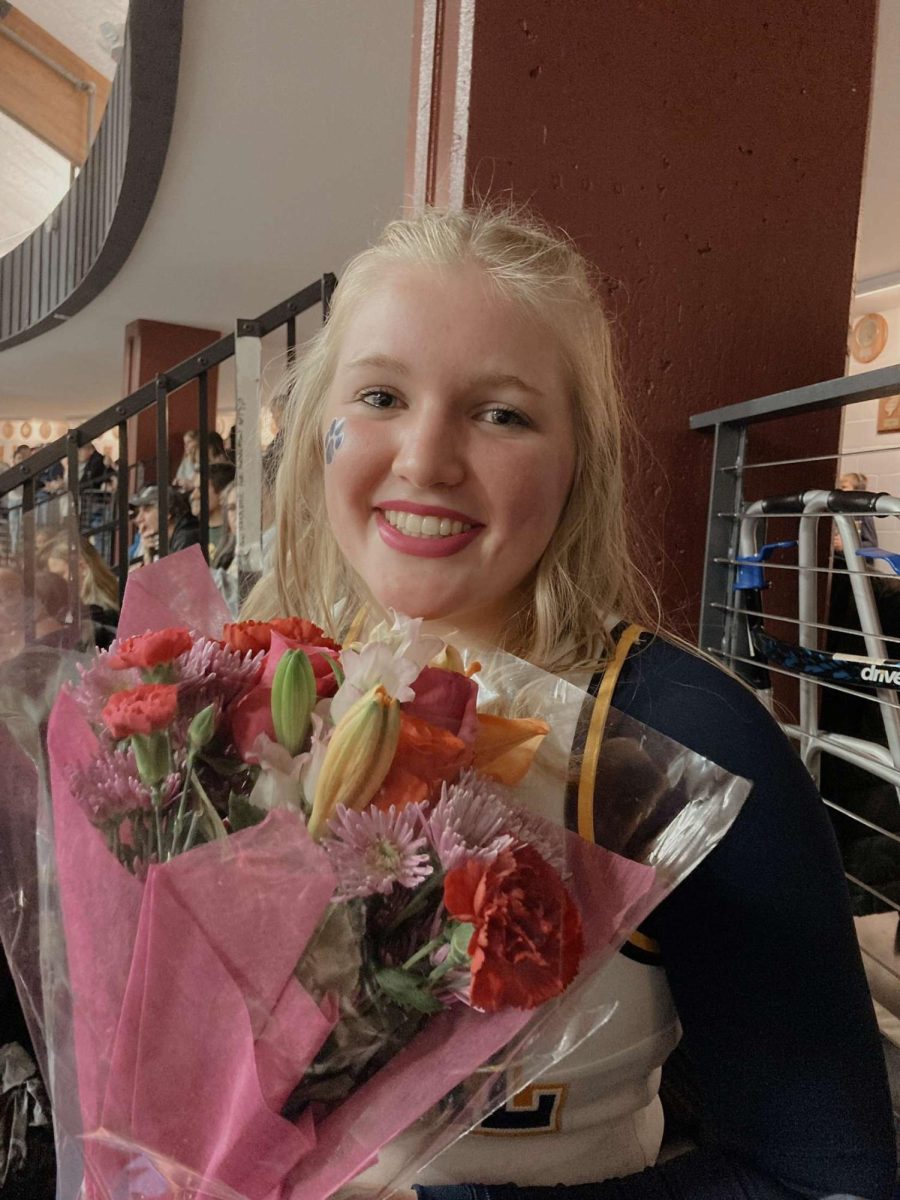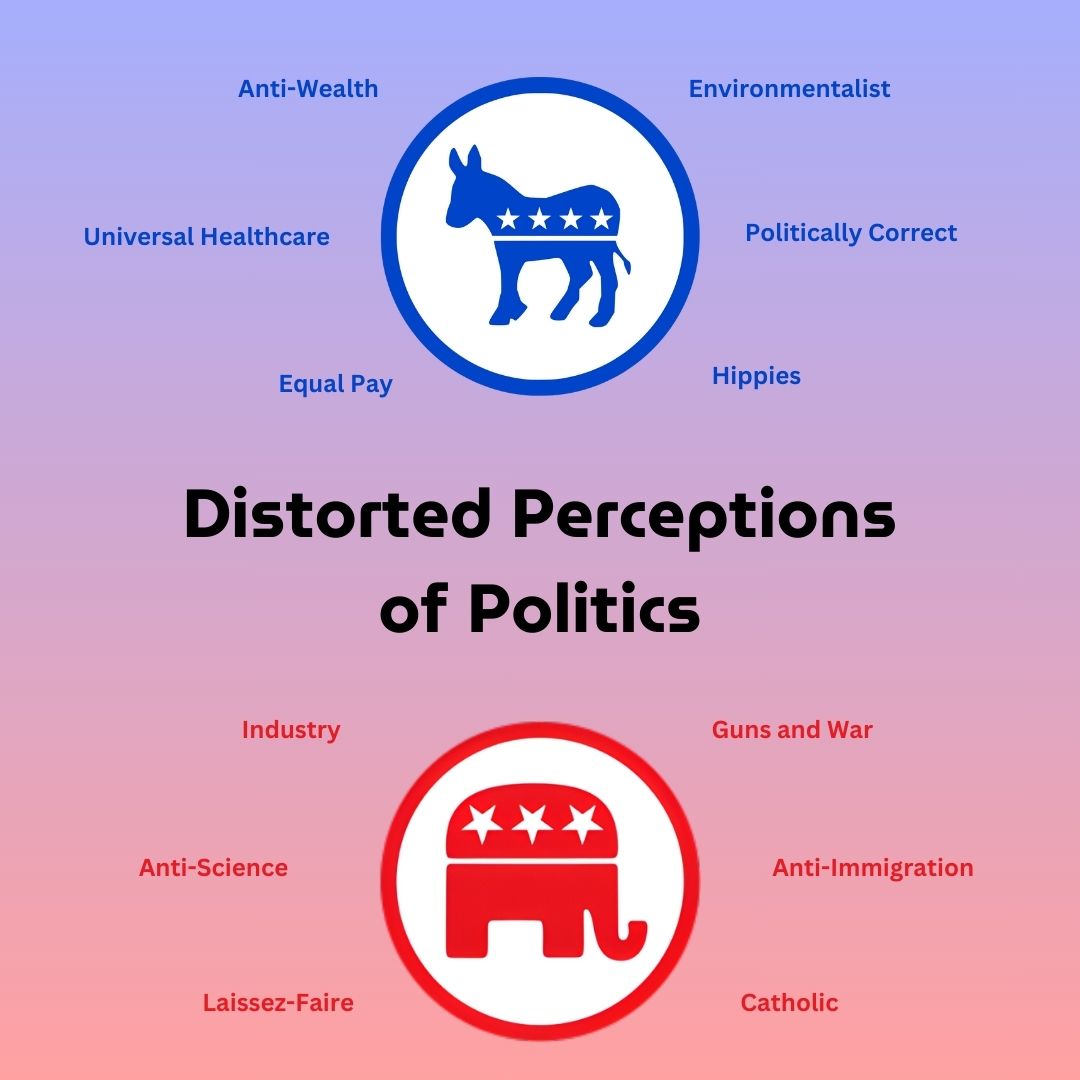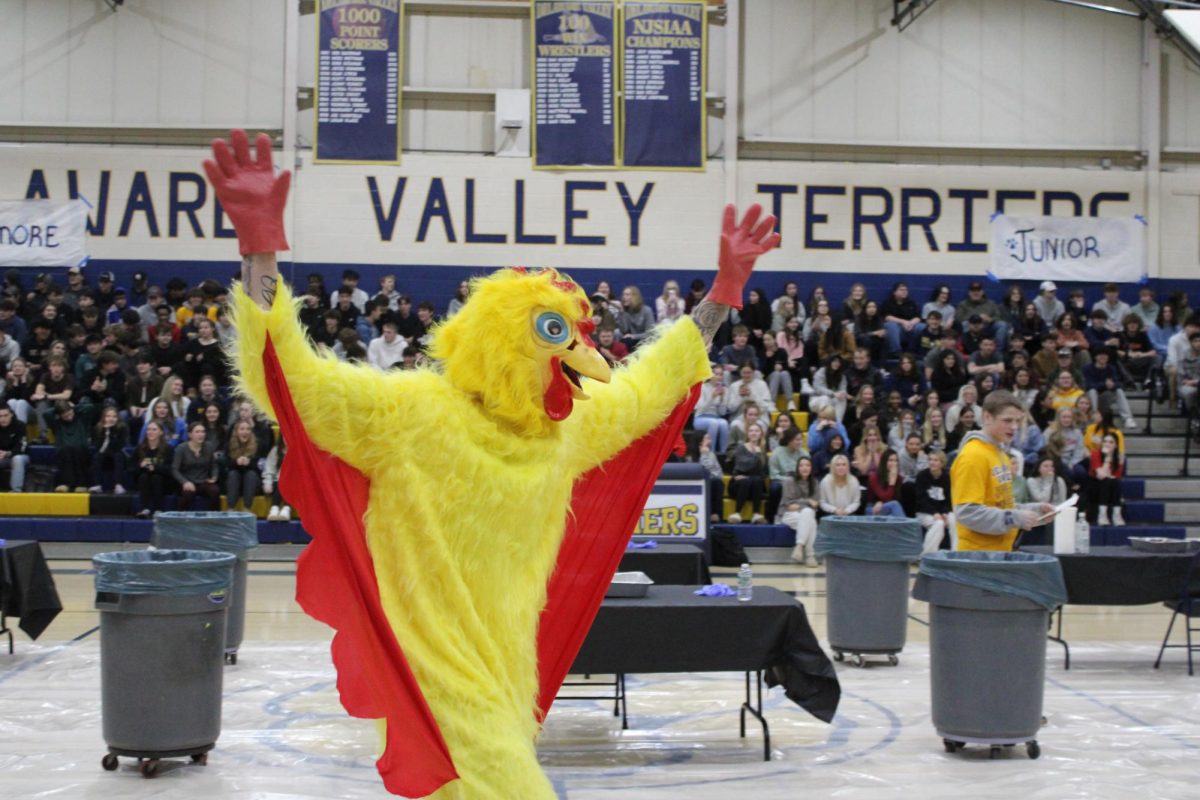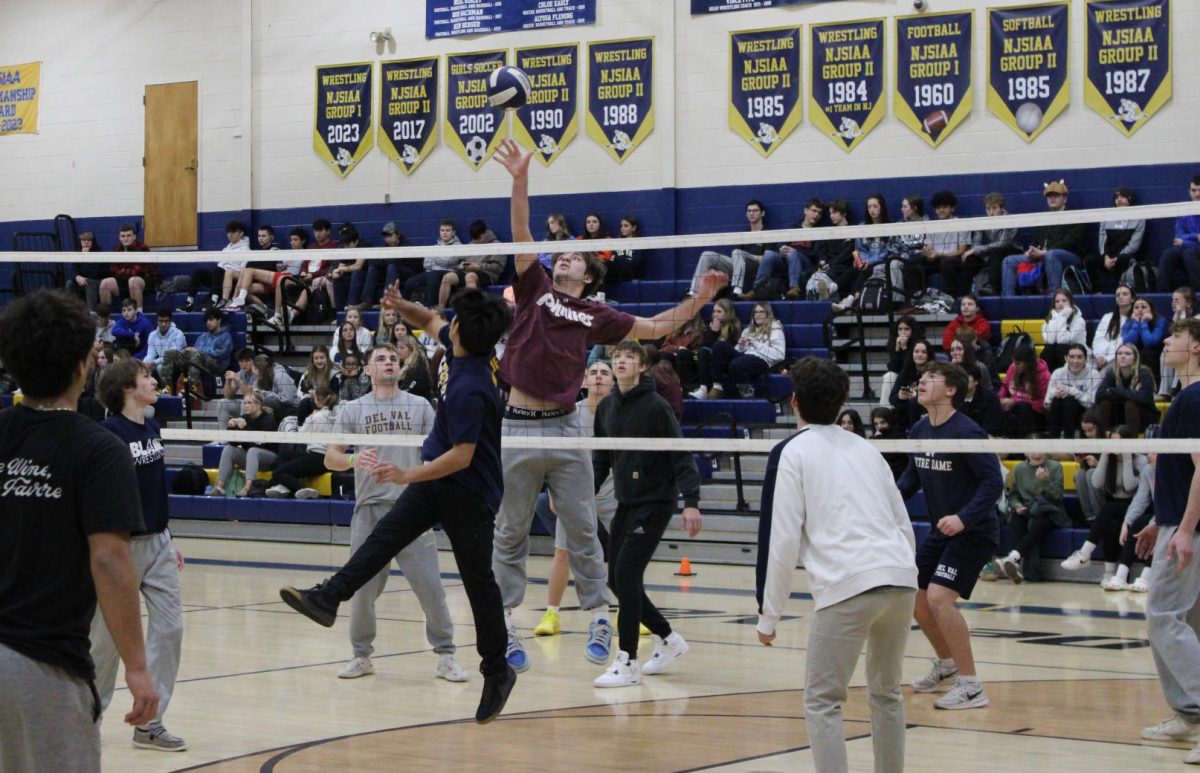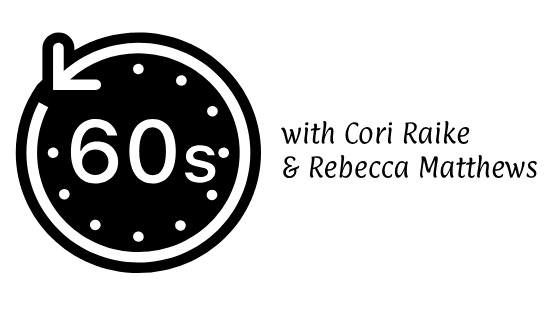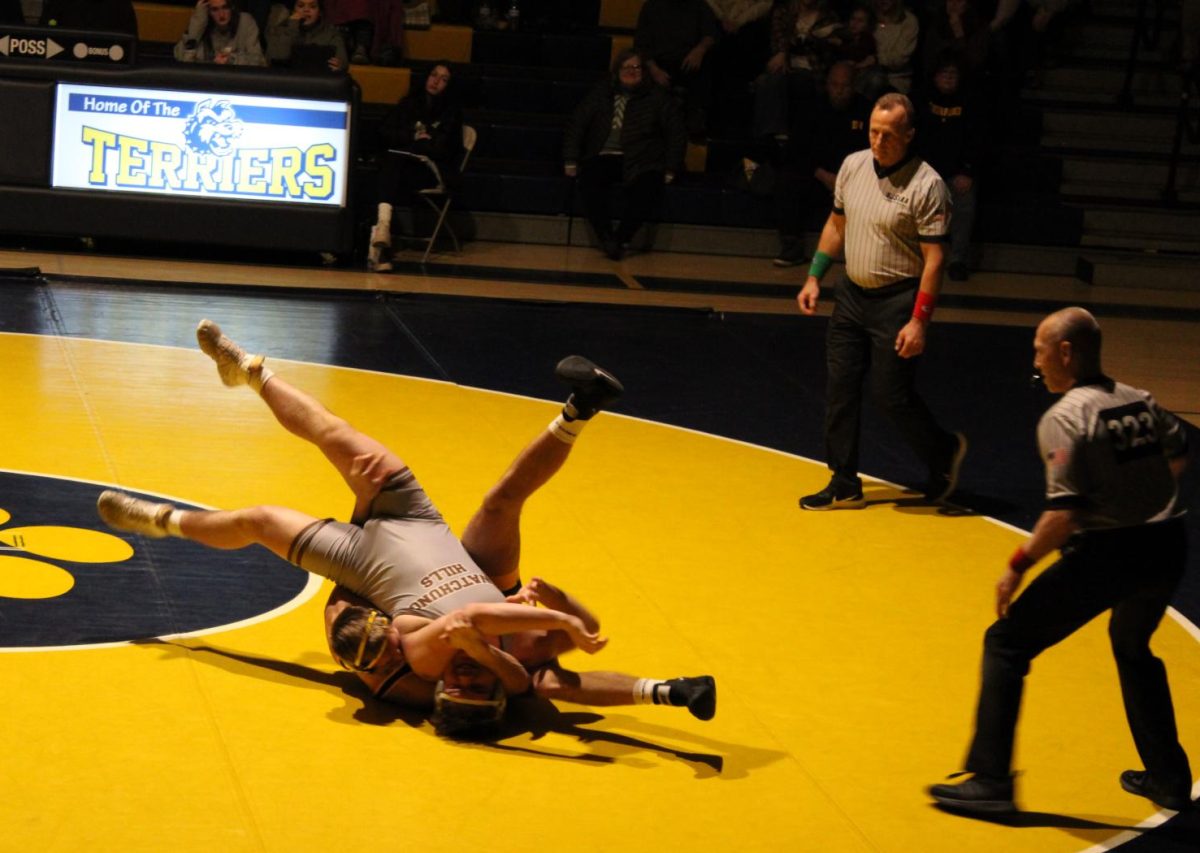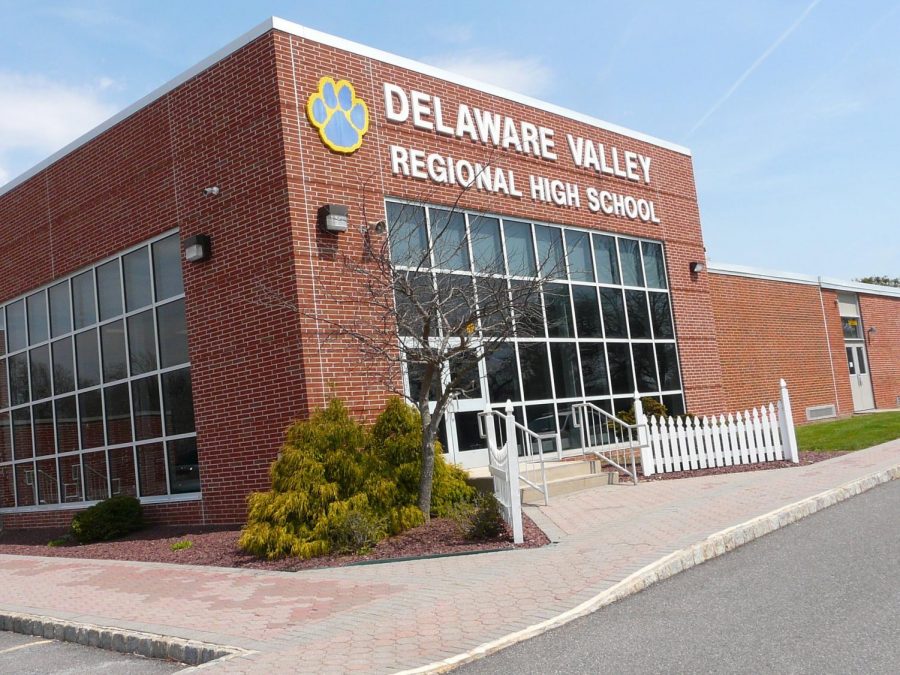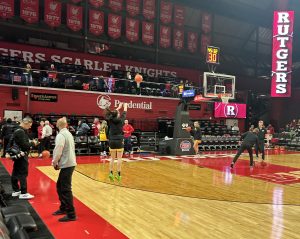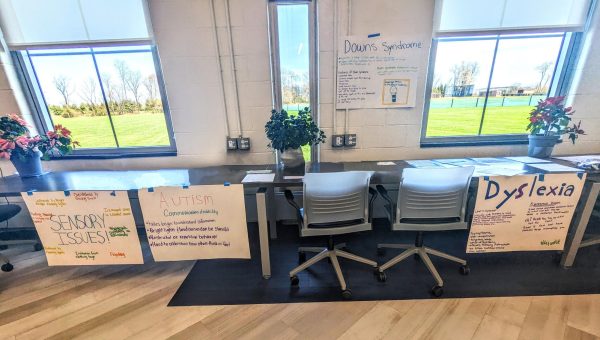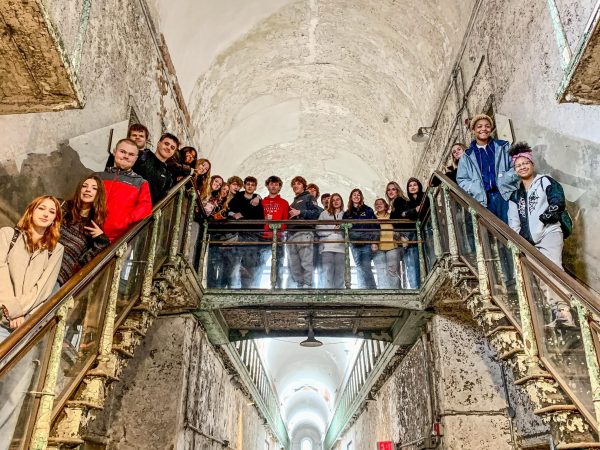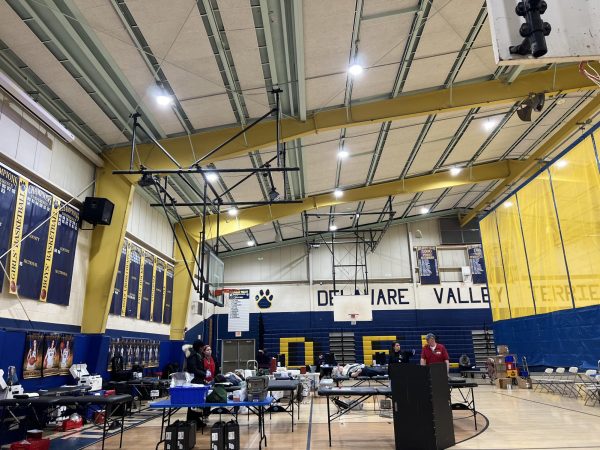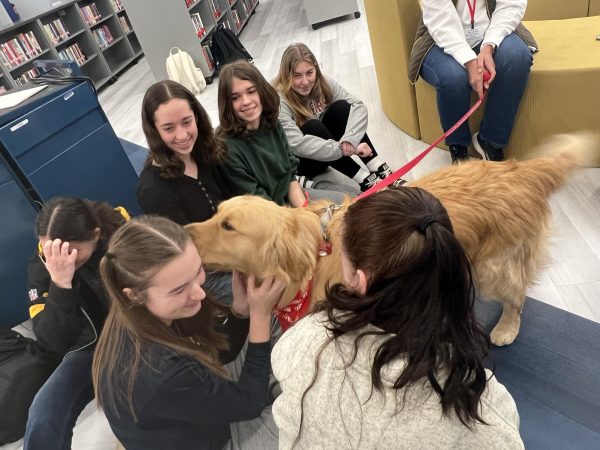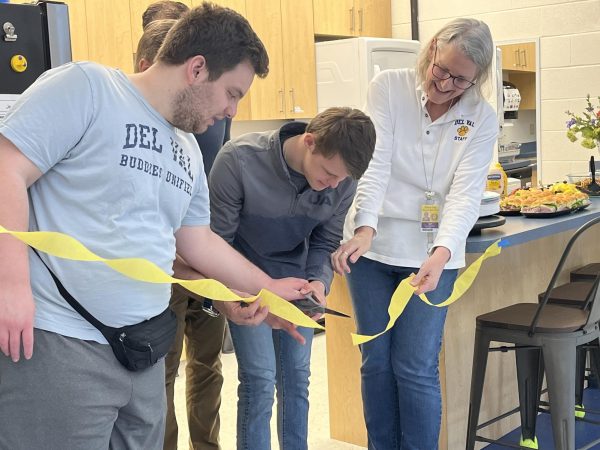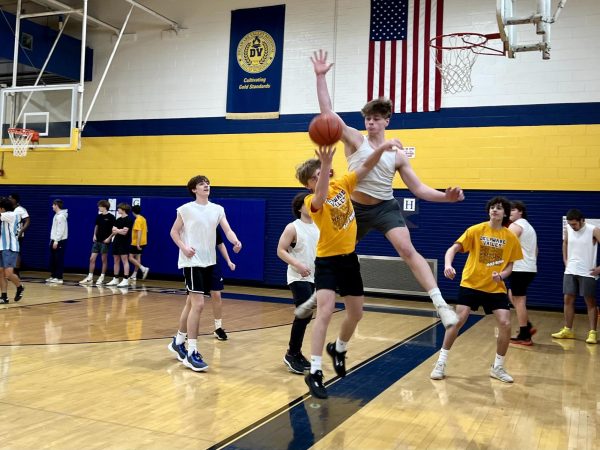Del Val embraces “the new normal”
September 29, 2020
In response to the COVID-19 pandemic, Delaware Valley has redefined education by putting into action a new plan to bring its students back both safely and smartly.
According to Superintendent Daria Wasserbach, the biggest challenge facing the administration is the unknown. “It’s a very unnerving feeling,” says Wasserbach. “Nothing like this has ever been done before.” While Del Val has spent an extensive amount of time planning for every possible outcome, Wasserbach acknowledges that surprises are inevitable. “You have to really be able to think and act quickly on your feet,” she says.
It’s true that Del Val was better prepared for COVID than many other school districts in the area. This is primarily due to the implementation of Distant Leaning Days (DLDs) back in 2019, which at the time were a solution for missed school due to hazardous weather. Obviously, a global pandemic could not have been foreseen, but DLDs proved reliable last spring, in the wake of COVID, and have become the basis for Del Val’s 2020-21 schedule. “[Distant Learning Days] really positioned us to be able to at least have some sense of continuity or normalcy in terms of scheduling,” says Wasserbach. “We never envisioned it being used for this purpose, but we couldn’t be happier. It worked, it fit.”
In terms of her program “Ask the Super,” Wasserbach said she received a fair amount of questions from parents and students, mainly seeking assurance on how the upcoming school year would play out. Now, a few weeks in, it seems that things have mostly calmed down in that regard, as many students have become accustomed to the hybrid schedule.
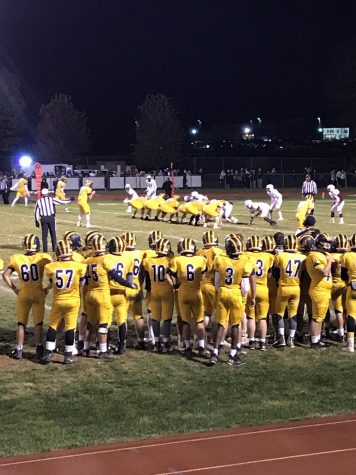
Towards the end of the summer, all Del Val students were divided into two teams, Blue and Gold, through careful consideration by the Director of Curriculum, Mr. Mike Gurysh. Each day is an 8-period “C-day,” with students physically attending school every other day based on their teams. On the “off days,” students are expected to complete work for each of their classes at home. According to Wasserbach, Del Val has “the infrastructure and the know-how” to be able to simultaneously teach students at home and in school.
Wasserbach credits much of Del Val’s success to its small size. With roughly 750 students in total, and 175 full-time remote learners, there are under 300 students in the building on any given day. This number allows for proper social distancing, and when combined with daily sanitation, the requirement that staff and students wear masks at all times, and the placement of desks 6-feet apart, the learning environment at Del Val has quickly adjusted to prioritize safety above all else. Even, as Wasserbach admits, above education. While this approach may be different from past years, Wasserbach acknowledges that given the unusual circumstances, the change was a necessary one.
Even with the challenges posed by COVID-19, progress hasn’t completely halted at Del Val. Looking forward, Del Val and the Board of Education are working towards incorporating more diversity within its curriculum, given the social justice movements our country is experiencing. The curriculum at Del Val will be assessed for any unconscious biases and to ensure it is reflective of different cultures, races and genders. This may be more challenging in math and science-related classes, but in terms of subjects such as English and History, Wasserbach says there’s definitely room for improvement.
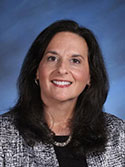
The advice that I have to give, and will continue to give,” says Wasserbach, “Is that throughout these abnormal times, or different times, it is most important for us to be kind, be understanding, share grace, and just be patient with one another.
— Ms. Daria Wasserbach
That’s why on Martin Luther King Jr. day, teachers and administration will use their Professional Development Day to attend a virtual lecture by a Hunterdon Central teacher and Rutgers Professor, Darrell DeTample, who holds a PhD in implicit bias. “He’s going to be helping us understand how we all see things through our own lenses, and how you can open your eyes to things that are different than what you’ve experienced,” says Wasserbach.
In other news, Del Val’s concurrent enrollment program with Seton Hall has continued to expand with the addition of several new college-credit classes. But beyond that, the Board is keeping the goals for this year on the lighter side, in order to focus on preparing for potential changes as the school year progresses.
On the likelihood of school fully reopening in the near future, Wasserbach says it’s impossible to predict at this point. Hunterdon County is considered “low risk” because of the small number of cases, but the decision ultimately rests on the discretion of public health officials and the state of New Jersey.
These are challenging times for schools and families everywhere, and while it may feel like education has been put on hold, it’s important not to discredit the progress that has been made both in and out of the classroom. In spite of COVID-19, Del Val has proven that it’s possible to return to learning while embracing the reality that it may look and feel unfamiliar, at least for now.

